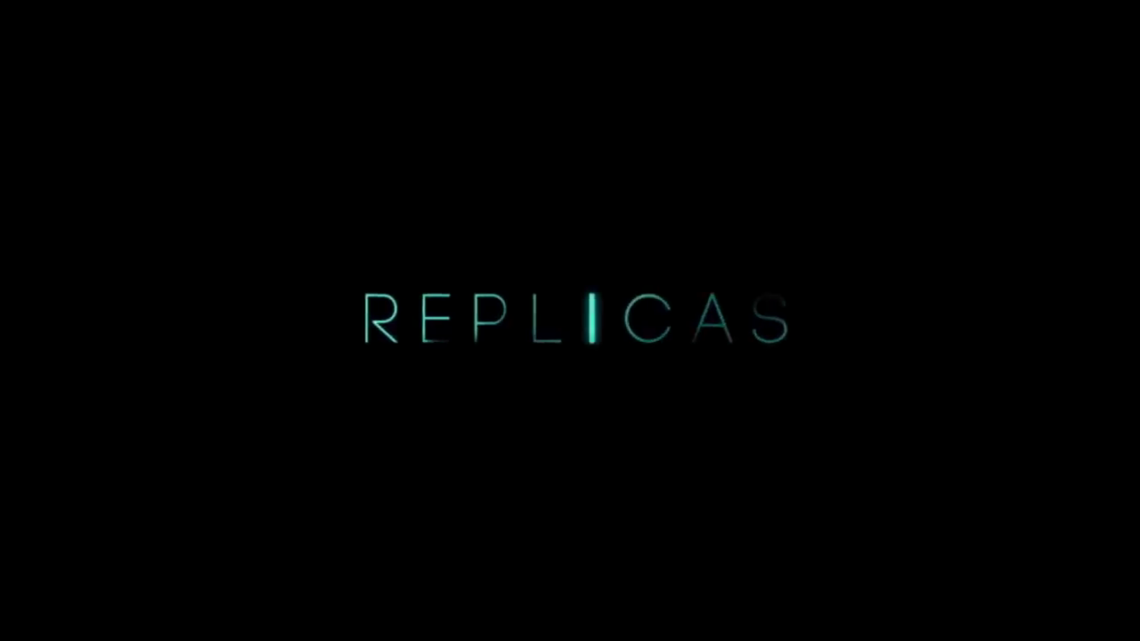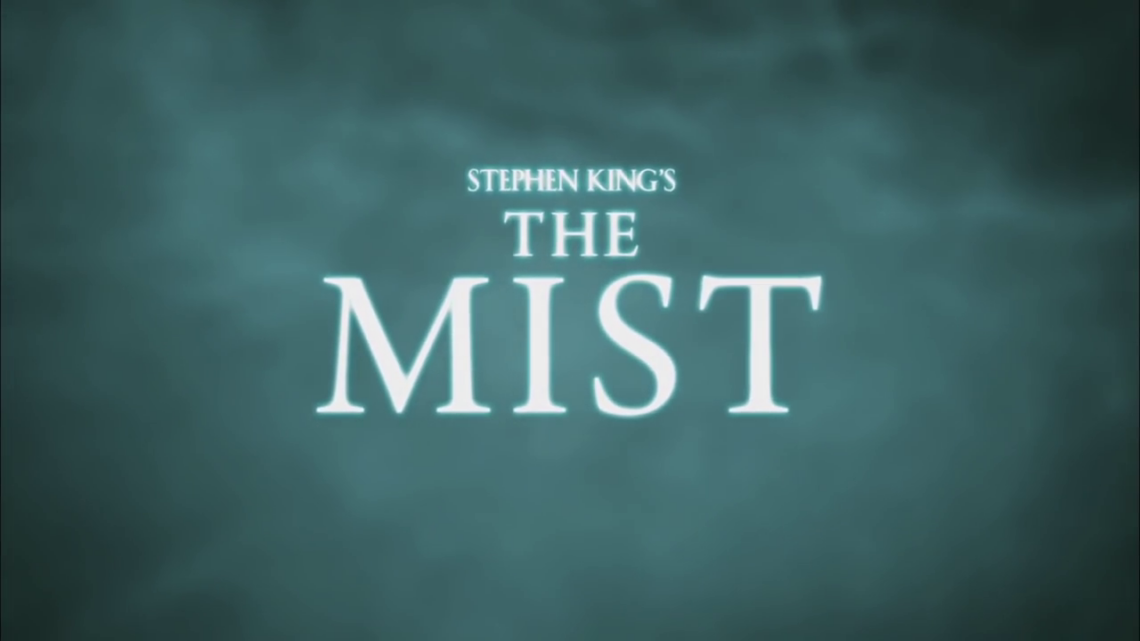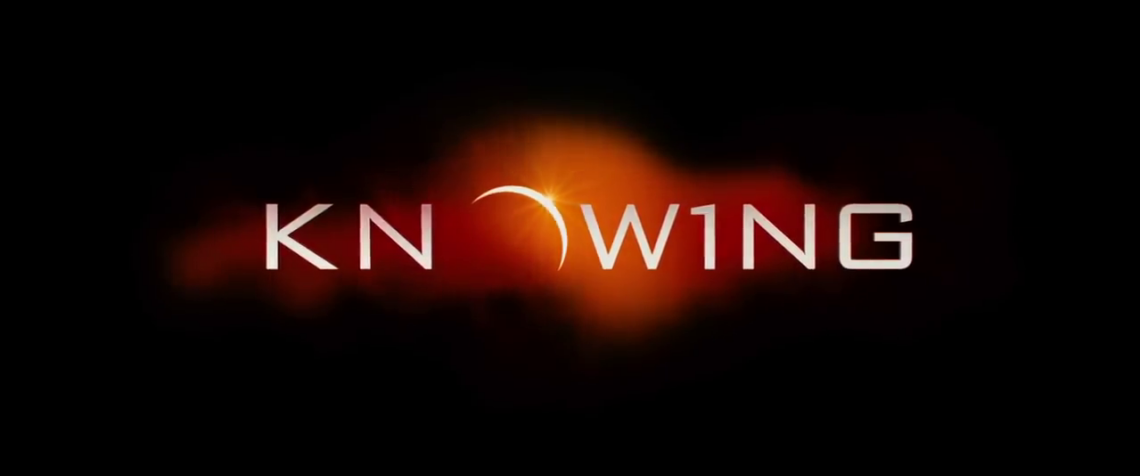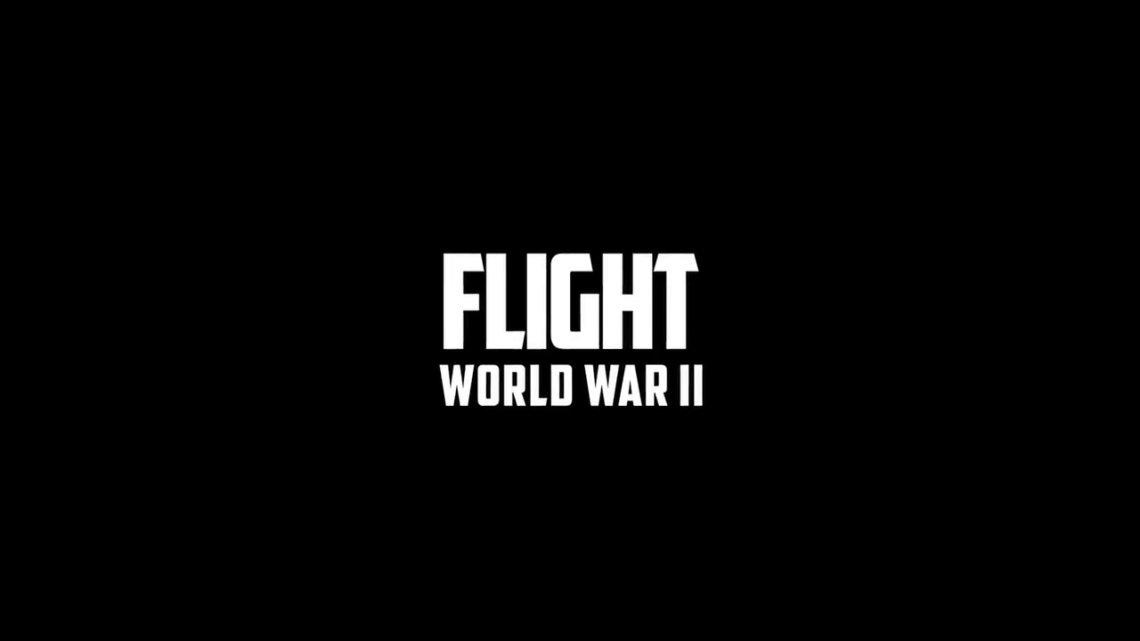-
#632 – Replicas (2018)
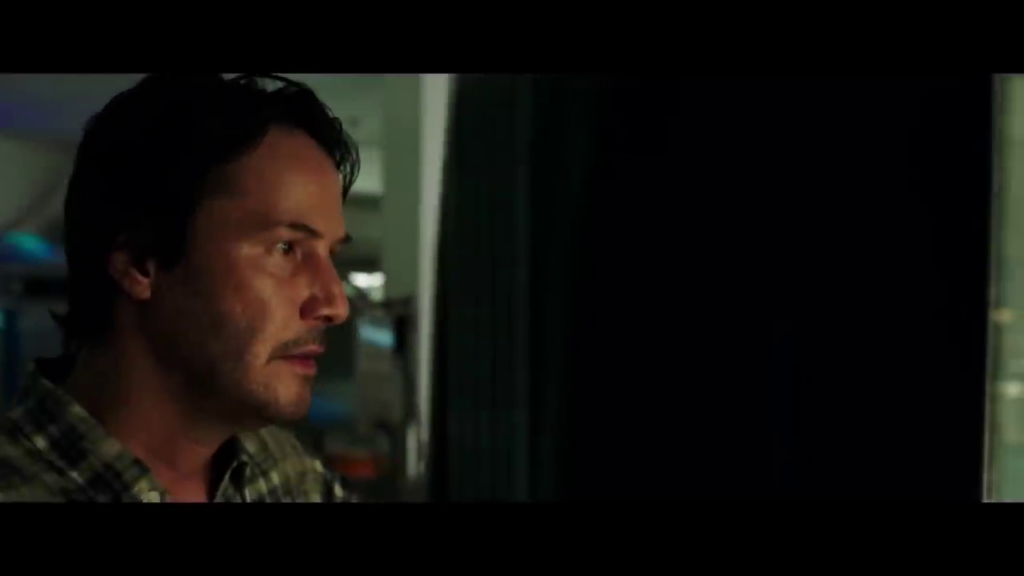
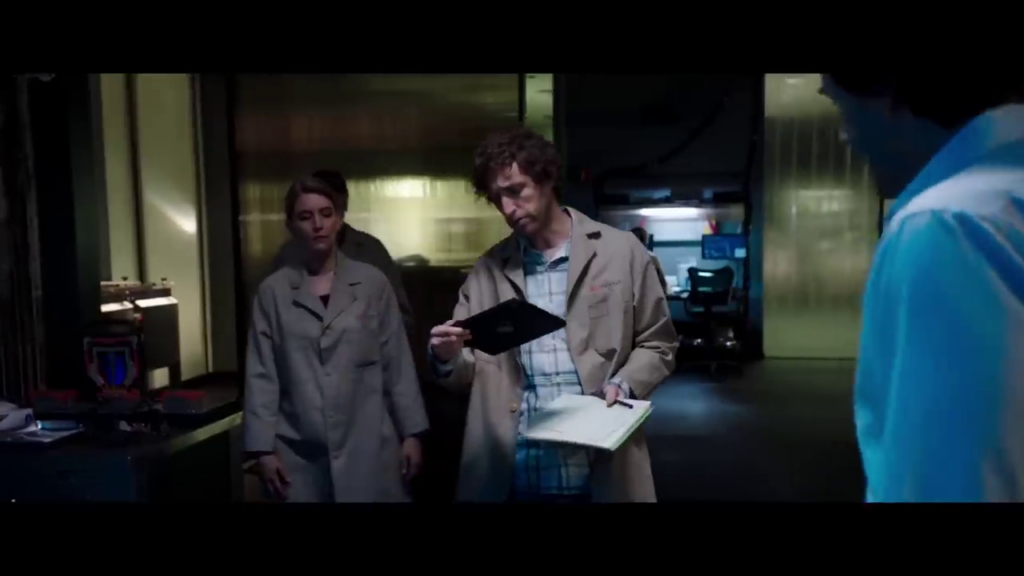
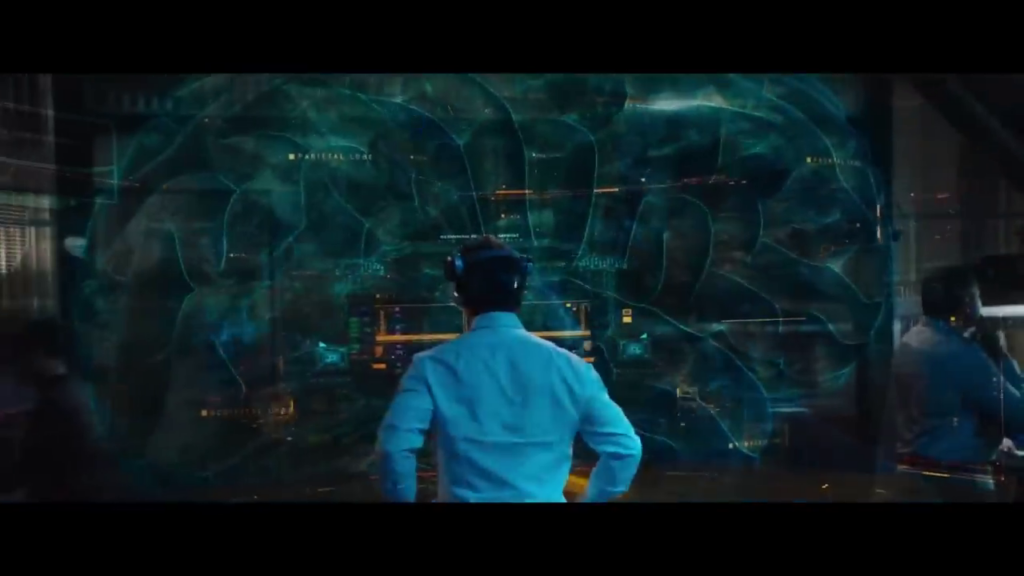
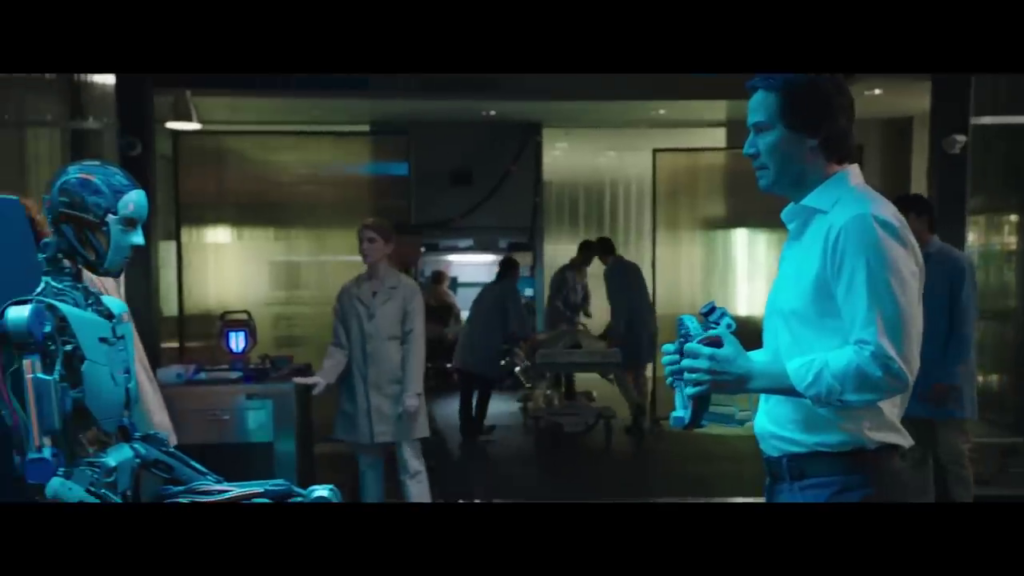
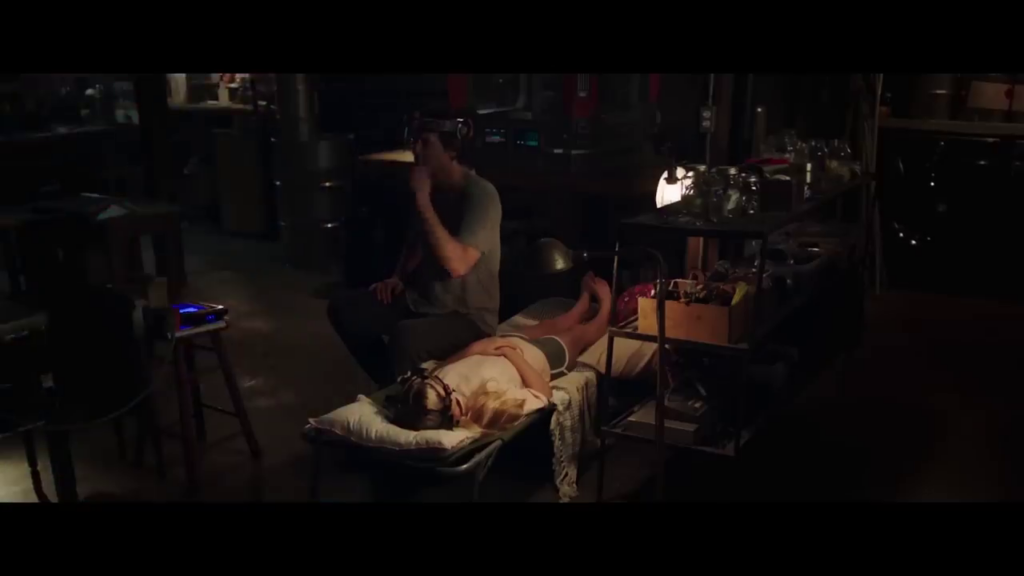
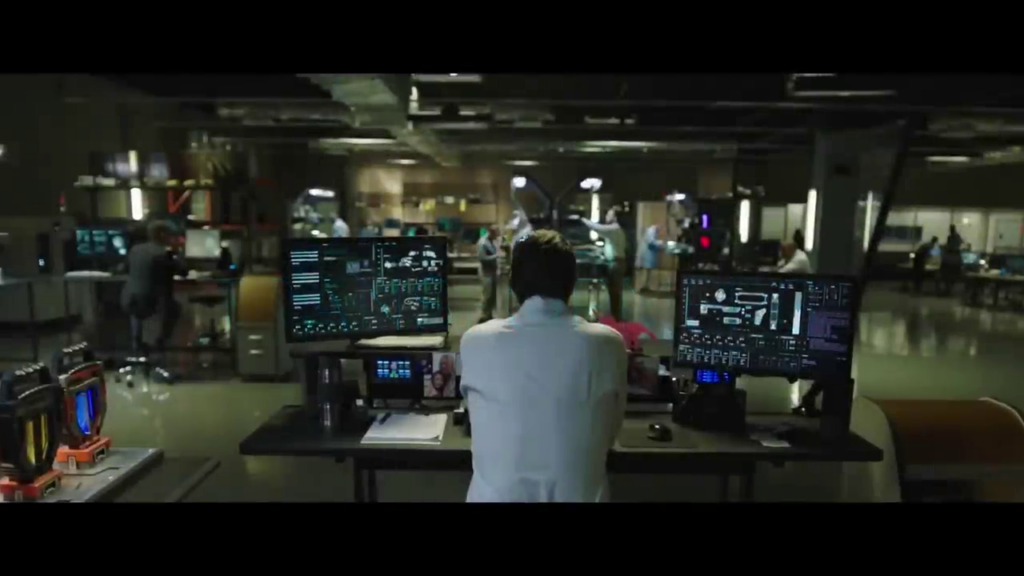
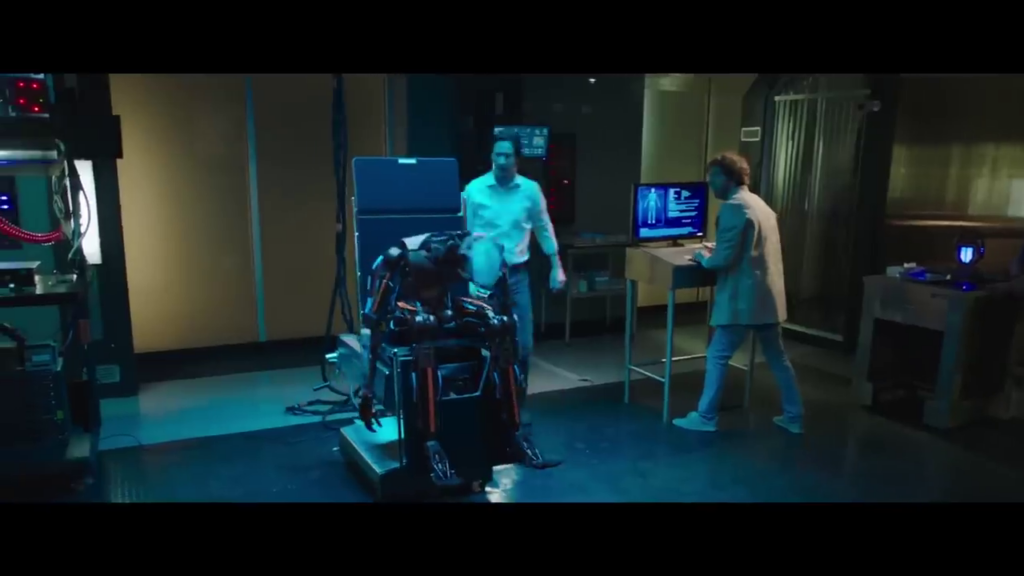
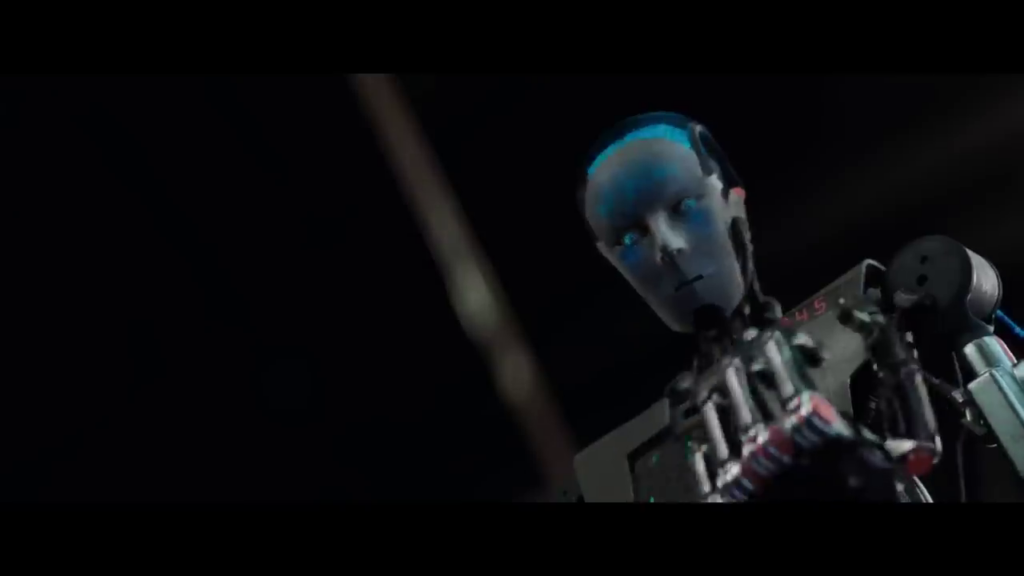
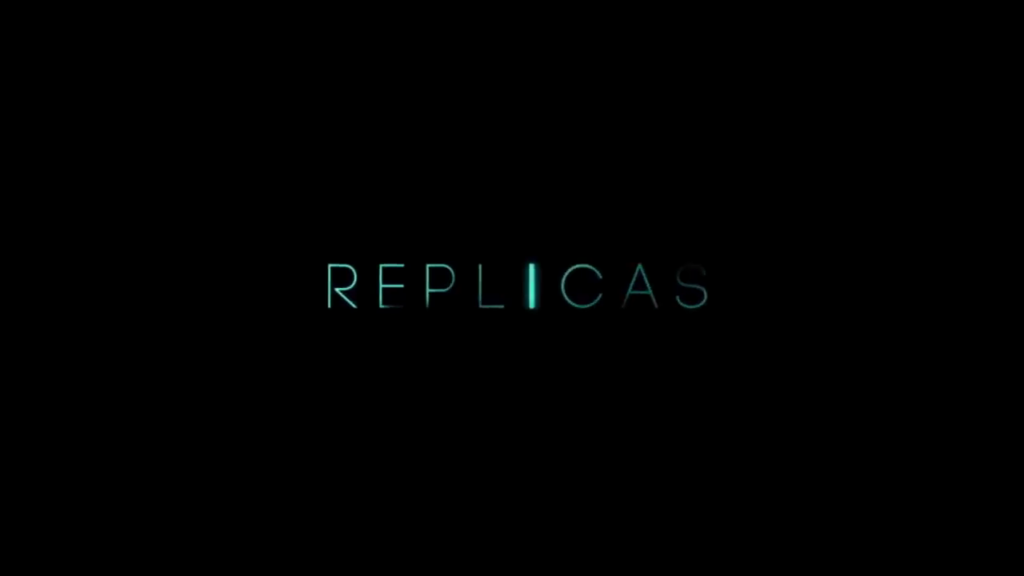
Replicas (2018)
Film review #632
Director: Jeffrey Nachmanoff
SYNOPSIS: William Foster is a scientist working on a project to transfer the consciousness of a person into an android body. When he is involved in a car crash with his family and he emerges as the only survivor, he decides to bring them back using his research of transferring consciousness, combined with cloning research being undertaken by his colleague. With the experiment a success, Will’s attempts to keep the secret from his family becomes ever more difficult, and when his employers find out about them, they see them as nothing more than experiments and test subjects, and Will must fight to save his family…
THOUGHTS/ANALYSIS: Replicas is a 2018 sci-fi film. Starring Keanu Reeves as Will Foster, a scientist who is working on a project to transfer human consciousness into an android body. Unable to figure out the final part of the problem, he is on the verge of losing his funding. During a drive, Will and his family are involved in a car crash, which kills his wife and three children. This leads him to come to the decision to copy their consciousness and to enlist the help of his colleague Ed Whittle, who works in cloning, to create new bodies for him to upload their consciousness too. If you think that’s an absolute mess of a premise, and a a bit of a stretch that the one guy who is working in uploading consciousness just so happens to have his own family killed in the most cliché car-crash-over-a-cliff-on-a-rainy-night. That his next step after dragging them out of the water is to think about cloning them new bodies is a bit of a stretch, and just makes him seen deeply unhinged, and not really the kind of guy you should be rooting for. I get that after such an event he is probably not thinking rationally, but the way he immediately comes to this decision without him ever having any success really just doesn’t flow narratively. Thematically, the way the film just jumps from androids to cloning is a bit disjointed too: you could easily just pick one or the other, but here they’re just put in a blender and thrown about all over the film, never approaching either subject with consideration or depth. You could certainly make a film that deals with the concepts of mind (consciousness) and body (cloning), which I think is maybe what the film is trying to do, but it nowhere near makes any kind of point on it.
Will erases the parts of his family’s memories of the crash, so they don’t remember, and because he only has three cloning pods and can’t clone their youngest daughter, has to erase their memories of her as well. This is where the plot-holes start to really pile up, as Will has to wipe out all trace’s of his Daughter’s existence. He can perhaps erase the memory of his family members by deleting parts of their memory, but what about everyone else that knew her? Her school? There is no way he could have thought this was going to work, and the film barely addresses it. Again, we have to accept he is not exactly thinking rationally, but the fact that he does attempt to account for his family’s absence by contacting their schools, employers etc. shows that he is aware of the problem. It just seems that the film ignores the huge task it opens up to itself with this.
Keanu Reeves is not the ideal lead for this sort of film: if you’re not going to adequately dive into the philosophical issues surrounding cloning, consciousness, evading death and the like, then you need to be able to deliver an emotional impact and show the grief that the lead is going through having lost his family. Unfortunately, Reeves just cannot deliver that level of an emotional performance. Combined with his wholly illogical and unhinged behaviour, and it makes it difficult to root for him or understand what is going on in his head. The finale of the film has Will and his family on the run as the company Will works for wants his family eliminated, as they are experiments that have fulfilled their usefulness. This whole action sequence just feels unnecessary too; there’s no build up to this, or any similar sequence earlier in the film, so it just comes out of nowhere. It tries to build up to something, then just…stops, as Will and the villain reach a deal, and everyone just lives happily ever after. After the absolute mess of the film and Will’s absurd decisions, the fact that everything’ ends well is perhaps the biggest leap of all. The CG is all really bad too: as the android moves about in such an awkward way there’s no way you’ll believe the actors are actually interacting with it.
-
#631 – The Mist (2007)
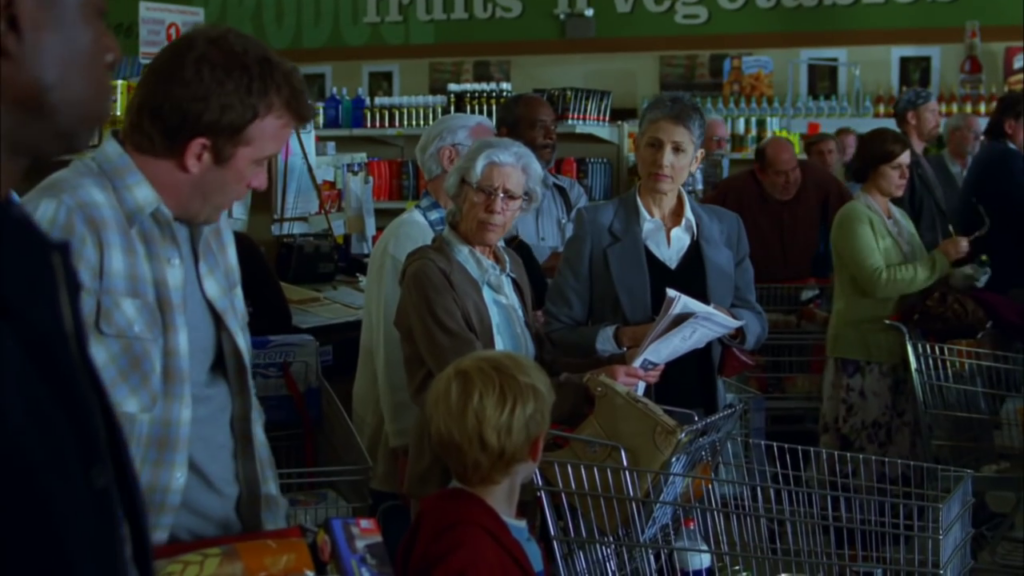
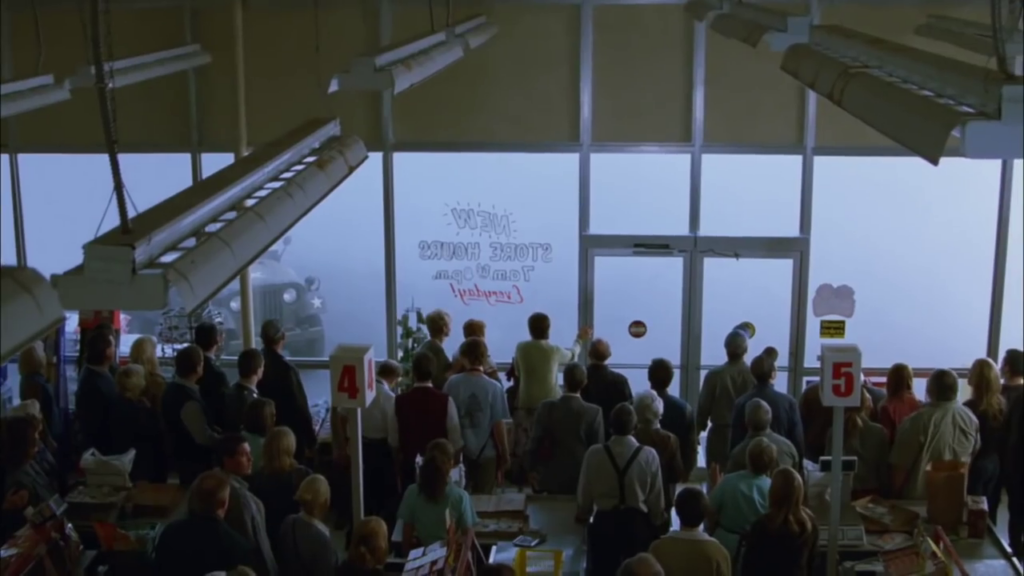
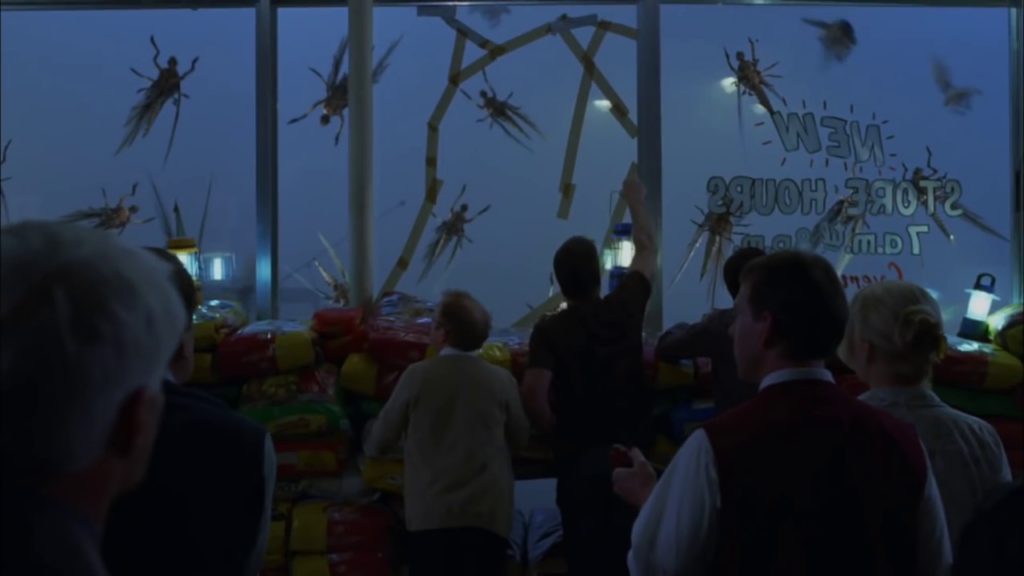
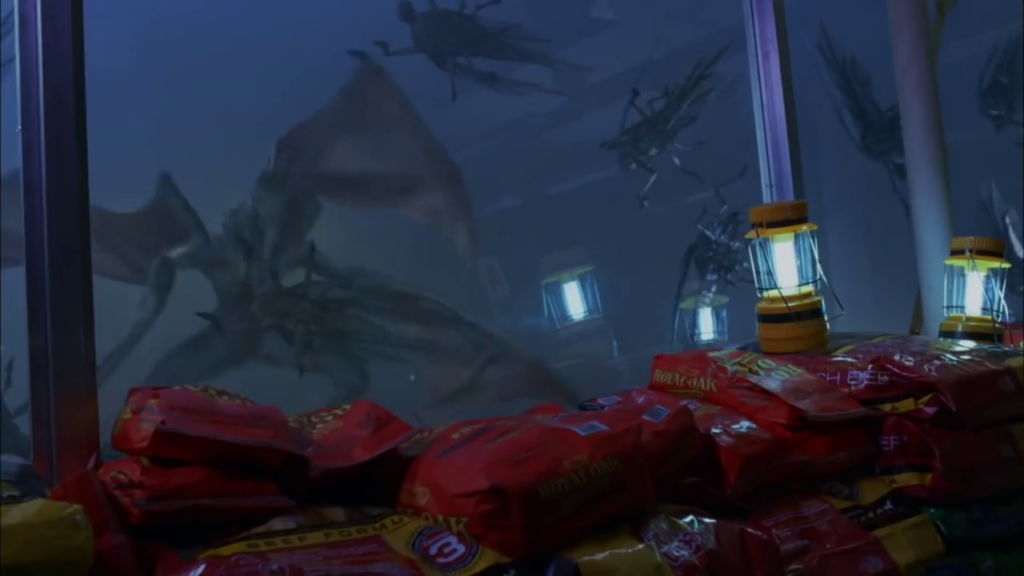
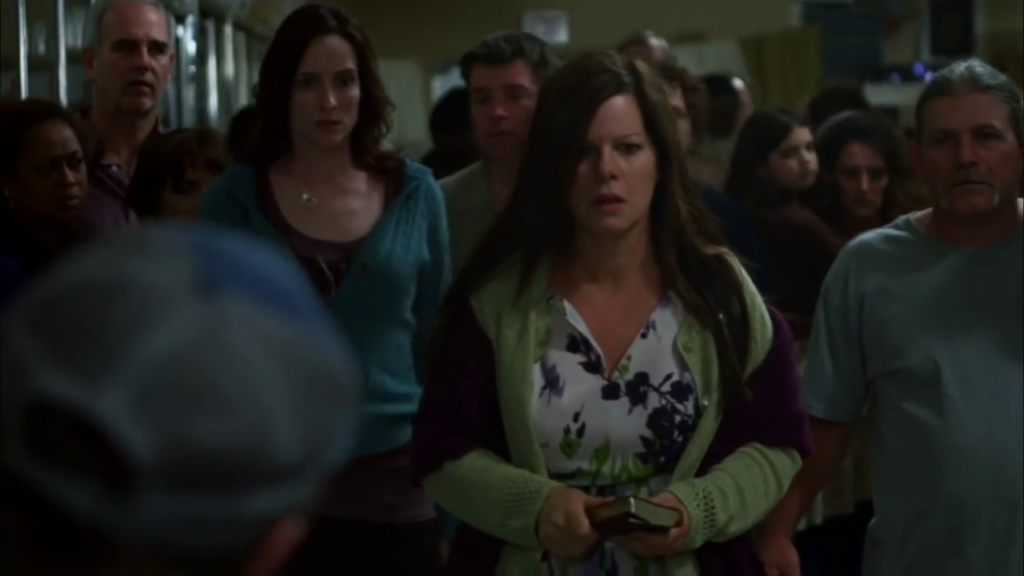
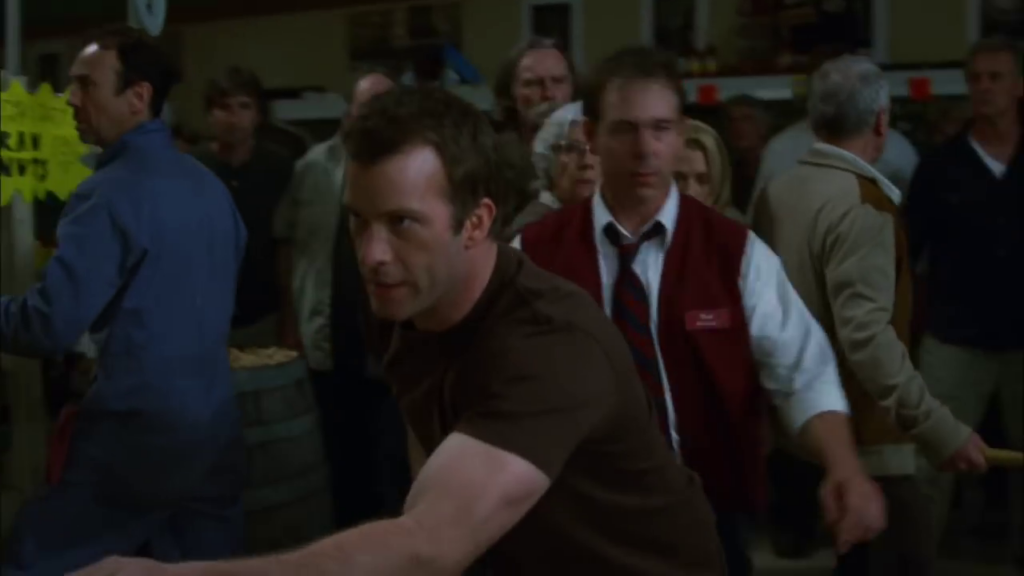
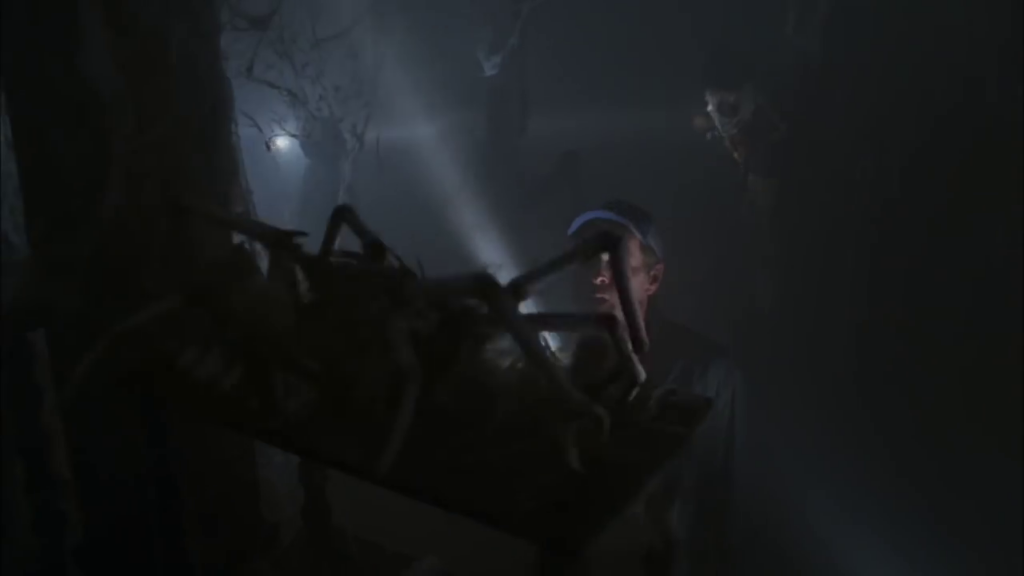
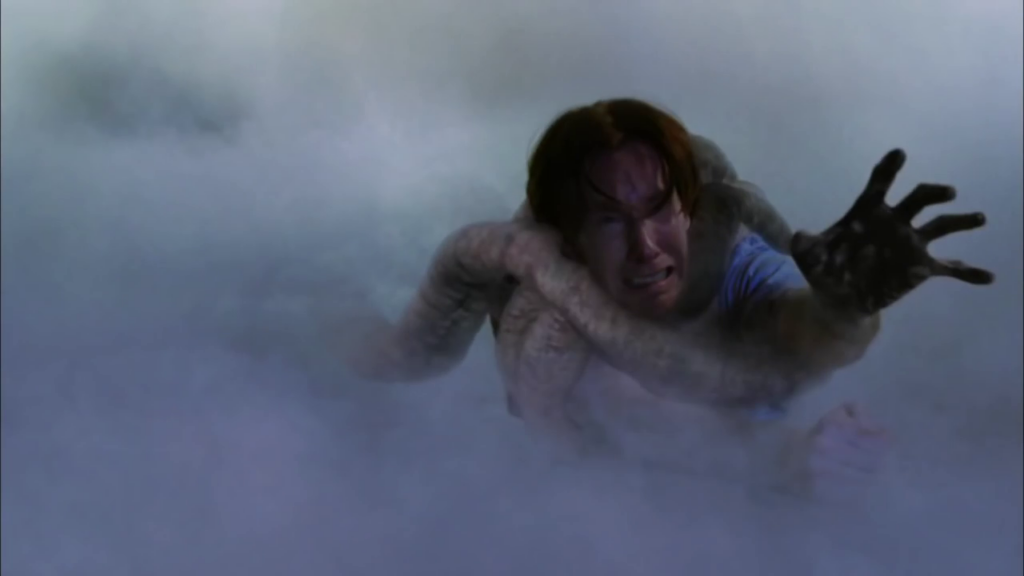
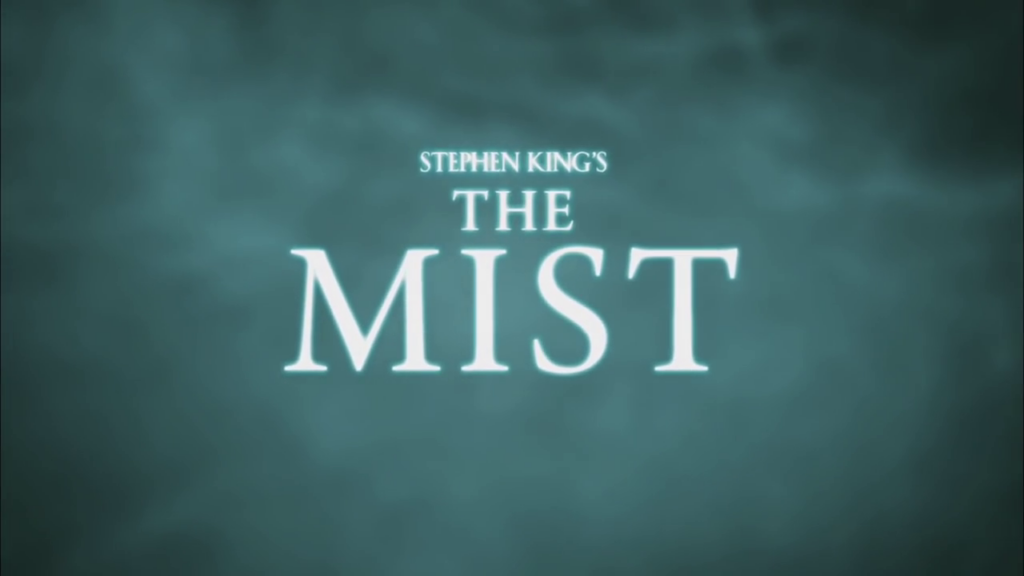
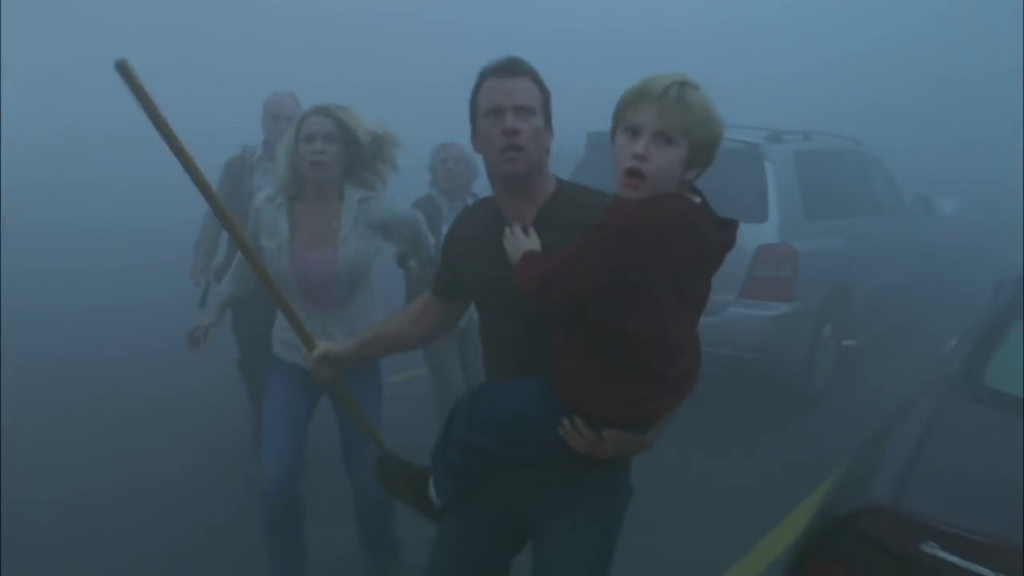
The Mist (2007)
Film review #631
Director: Frank Darabont
SYNOPSIS: After a storm causes significant damage in a rural town in Maine, David Drayton takes his son and neighbour to a nearby supermarket for supplies. While there, a strange mist covers the building, and strange creatures lurk outside ready to kill anyone that leaves. The people trapped within the supermarket have to figure out how they are to survive both the monsters outside and the people within…
THOUGHTS/ANALYSIS: The Mist is a 2007 film based on the novel of the same name by Stephen King. The premise of the film is quite simple: after a storm rips through a rural town in Maine, David heads with his son and neighbour to a supermarket to get supplies. While there, a strange mist covers the whole town, and anyone who leaves to go out into it is killed by something lurking within. The people trapped within must band together and survive, but cracks begin to show when different people have different ideas about the situation. As the film progresses, you get a clearer sense of the horror lurking beyond the mist, but it never gets less terrifying. The film works best as a typical horror film: a good mix of gore, tension and scares that are well-paced throughout the two hour runtime. It explores its setting well, and the possibilities that could arise from it.
The weaker part of the film is the characters: while they are a large and diverse cast, nobody really has much development, and play very specific roles, David as the lead is fairly plain, and while his background is explored in the introduction, it doesn’t really offer a unique angle to be developed for the rest of the film (but I suppose your life story or job don’t really matter much when you’re trapped in a supermarket with monsters outside). The conflict that emerges between different characters obviously tries to delve into the psychological reality of the situation and how different people react under the pressure and terror of the unknown, and it doesn’t quite hit the mark. The preacher that obviously becomes the main antagonist that sees the mist as a punishment from God overpowers every scene and development by having some explanation for it, and doesn’t really give much space for anything else. I get that it’s meant to showcase the political divisiveness of its setting and how fear makes people turn against one another, but it just feels like it flattens any nuance or complexity.
The thing that perhaps polarises viewers the most is the ending: a twist that is so nihilistic that either undoes the films journey, or expertly concludes it, depending on which side you fall on to. regardless, you’ll definitely have some thoughts about it. Stephen King himself thought it was brilliant and better than the one he wrote for the novel, which was left open-ended. Personally, I didn’t know what to think about it: perhaps it needed a better performance from the lead actor to showcase his emotions to have a better impact for me. But again, it’s something you’ll have to form an opinion on yourself.
Overall, The Mist is a fairly solid horror film that has plenty going for it in terms of gore, tension and scares. It misses the mark a little in terms of character development, and being unable to dive further into the psychological terror the cast is facing due to the suffocating presence of the one the film chooses to focus on, but yeah, it’s a pretty decent horror.
-
#630 – Knowing (2009)
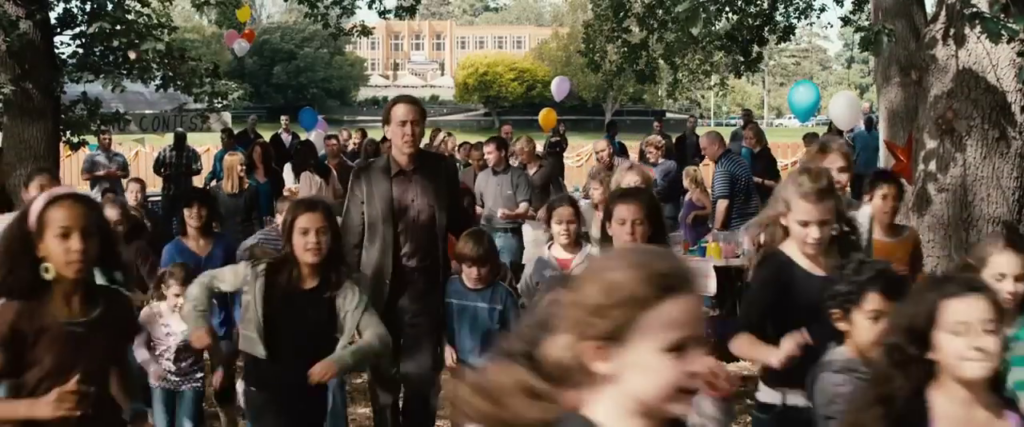
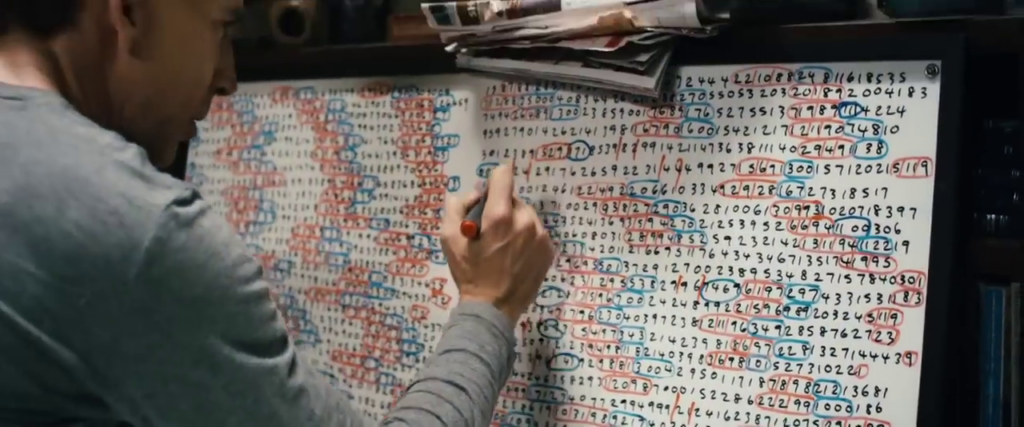
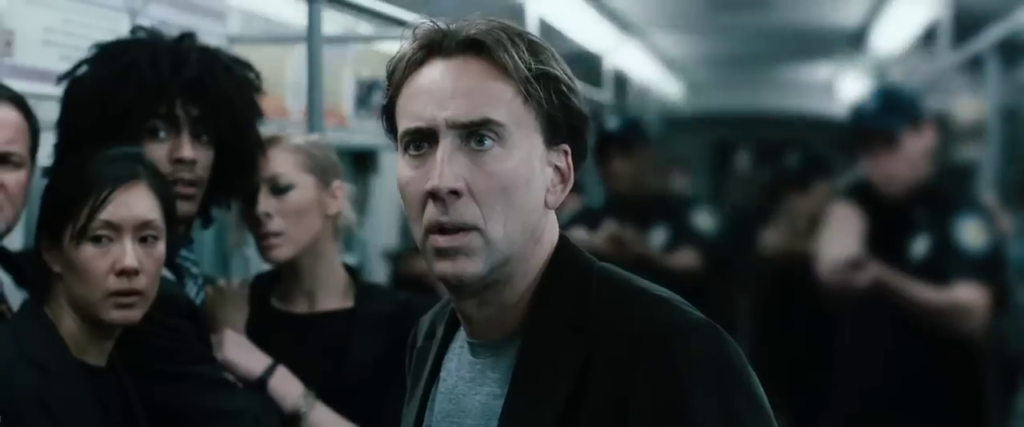
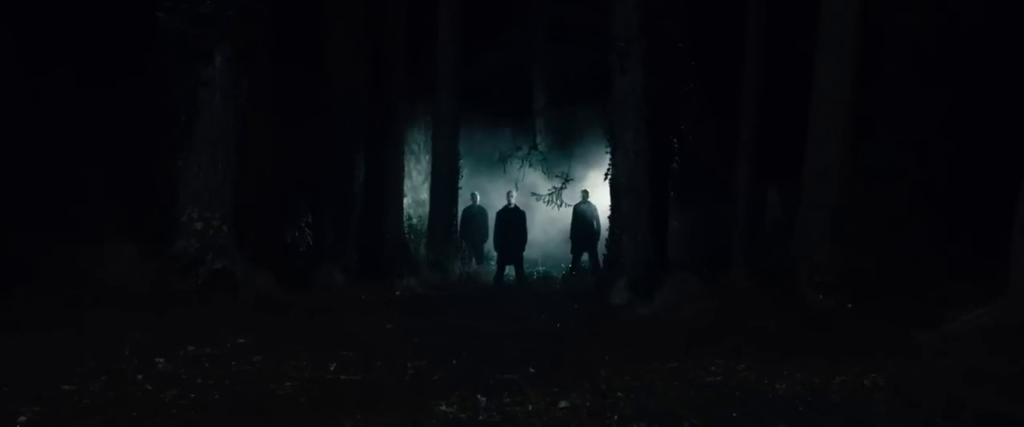
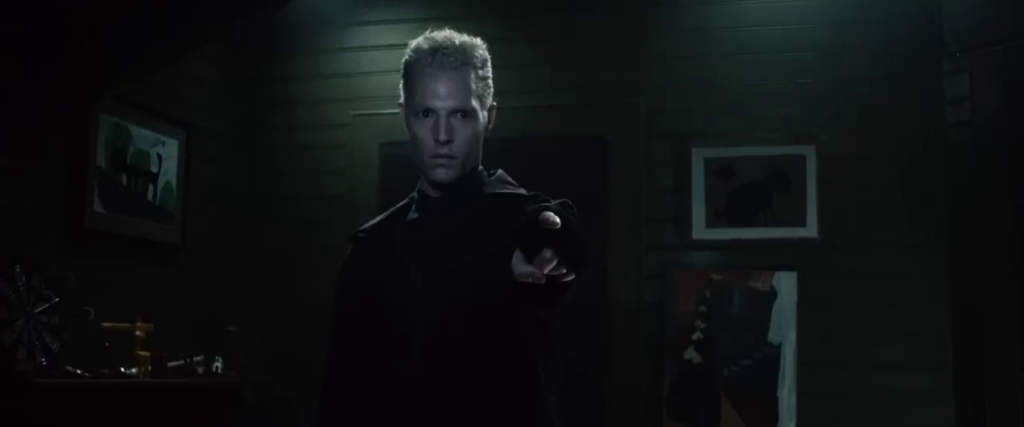
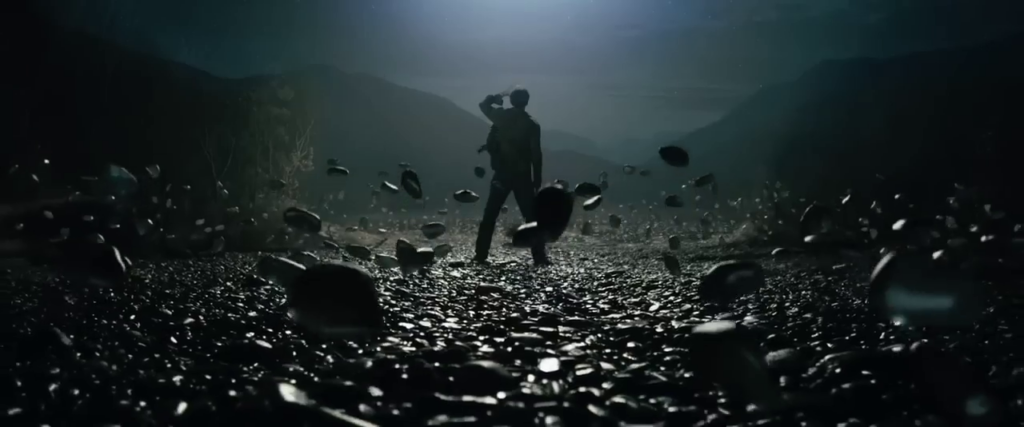
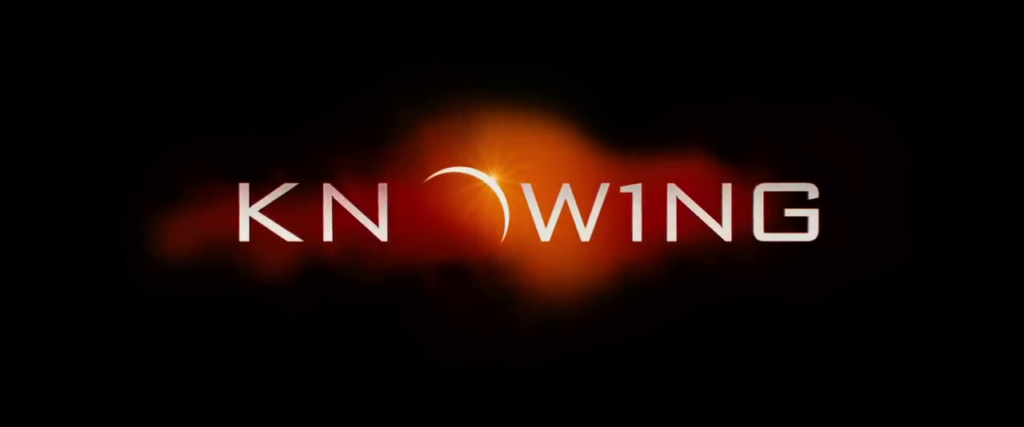
Knowing (2009)
Film review #630
Director: Alex Proyas
SYNOPSIS: A fifty year old time capsule is dug up at an elementary school, and each child gets a picture placed inside of what they think the future will look like. One child, Caleb, gets some sheets of paper filled with numbers. His Father, John, notices that the numbers correspond to the dates of disasters and how many people died. When the numbers predict upcoming disasters and the end of the world too, John must find a way to keep his son safe…
THOUGHTS/ANALYSIS: Knowing is a 2009 sci-fi film. When a fifty-year old time capsule is dug up outside an elementary school, pupil Caleb Koestler receives a letter from inside filled with numbers. His Father, MIT Professor John Koestler, notices that the numbers correspond to the dates of disasters and the numbers killed. With similar disasters predicted in the numbers, John races against time to try and stop them. Thrown into the mix is the death of John’s wife over a year ago still hanging over him, a strained relationship with his parents, a philosophical quandary between determinism and randomness, and the end of the world. There’s a lot going on here. The problem with all this stuff floating around is that nothing really coheres into a central core of the film. There seems to be no real drive about what to do with the information contained in the numbers. Obviously John tries to stop the events from occurring…well, one, but then the film pivots to just accepting that it can’t be stopped, resulting in an ending that just really throws out any kind of mystery and intrigue and kind just…accepts fate, leading to abrupt resolutions of different aspects that aren’t particularly satisfying. I guess the main thread through the film is meant to be the relationship between John and his young son, but this never really develops in any way, alongside lead actor Nicholas Cage’s usual uneven ability to deliver emotional moments. Any time the film tries to express this relationship, it just feels very forced.
The whole philosophical debate between randomness and determinism is not explored in any great detail, and it’s barely addressed beyond the opening. The film does hit you over the head a bit with making John an MIT Professor on randomness and determinism, and it feels like there’s little room for nuance. There’s a few good scenes in here that grasp these disasters well, but it’s difficult to really link them all together. There just doesn’t seem to be anything to do or anywhere to go with these numbers beyond the fact that they have predicted things that happened. The film gives us some big disaster set pieces which have a good sense of destruction and chaos, but are let down by poor CG. The final act of the film flips the story on it’s head, and decides that the aim is not to predict and stop disasters, but to actually end the world and just accept it. This isn’t something that’s really built up in the film, and just undoes any work it put in. Having a certain amount of ambiguity with the “Whisper People” doesn’t really work either, and just what could be a grounded, serious drama and just adds nondescript aliens where they’re not needed.
Overall, Knowing doesn’t seem to know what it is or where it is going. It fails to deliver on an emotional drama between a Father and Son, and fails to impress with it’s philosophical footing on the debate between randomness and determinism. A few good scenes and moments whose impact are undone as the film loses its way towards the finale.
-
#629 – Flight World War II (2015)

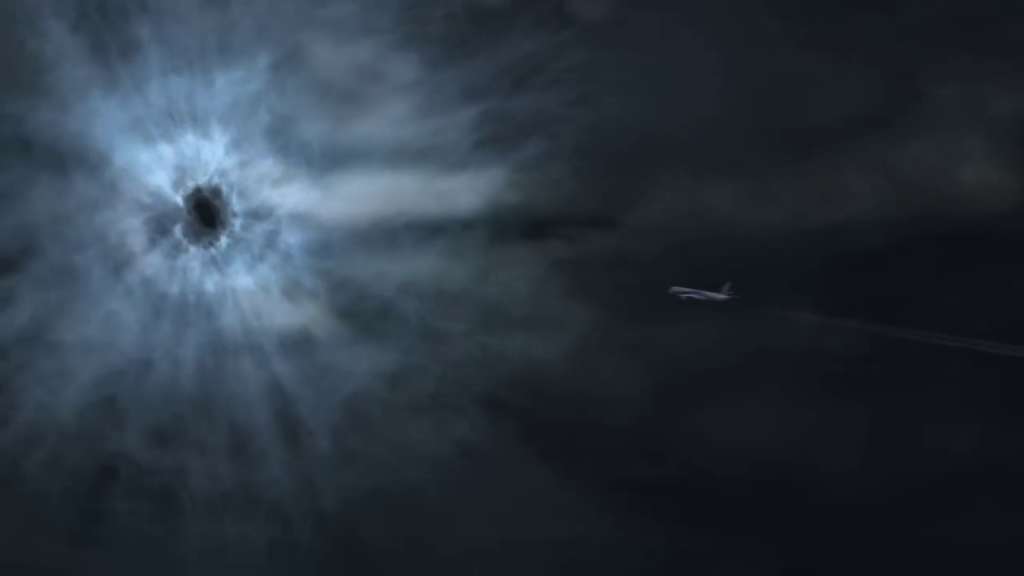
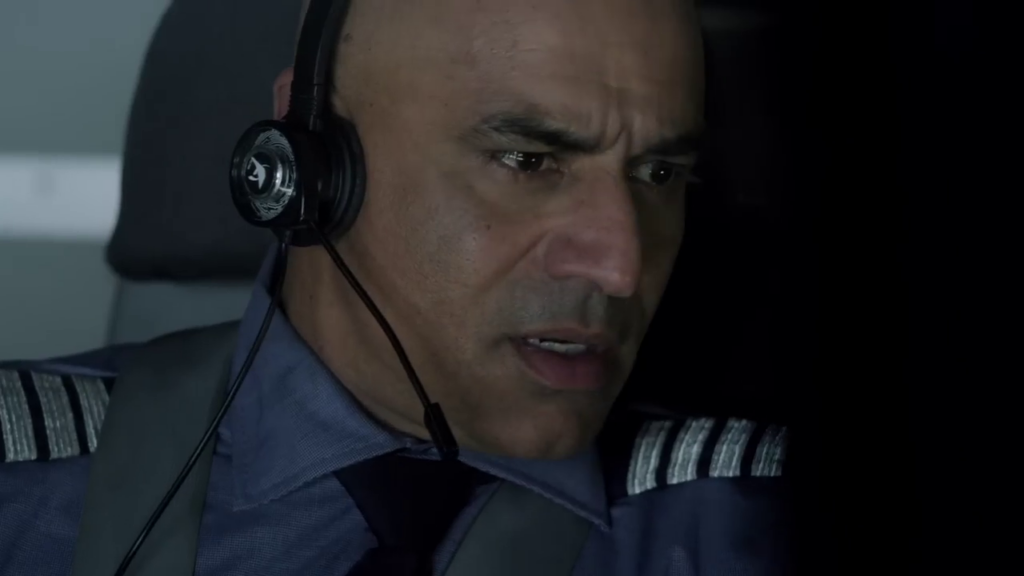
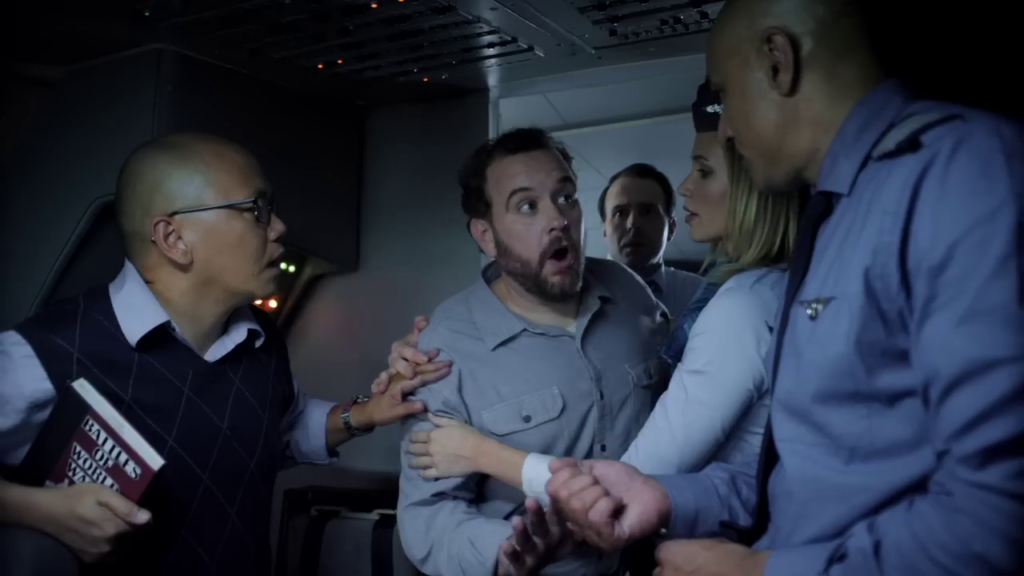
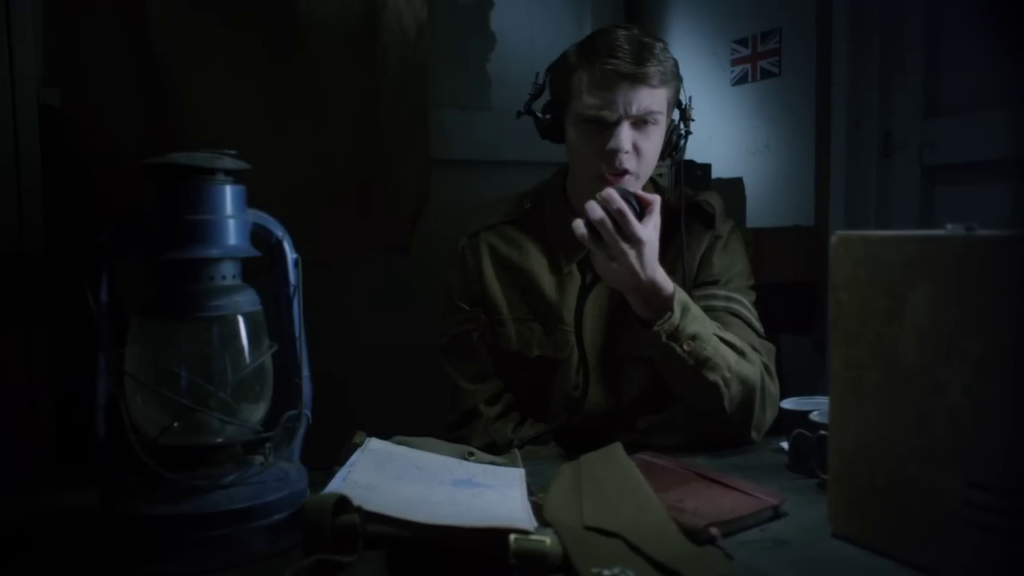
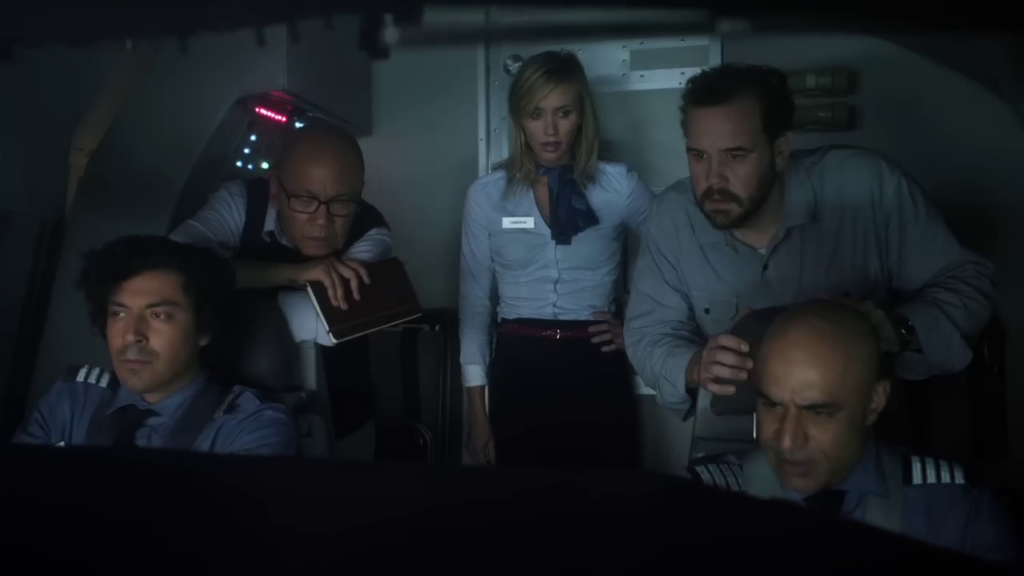

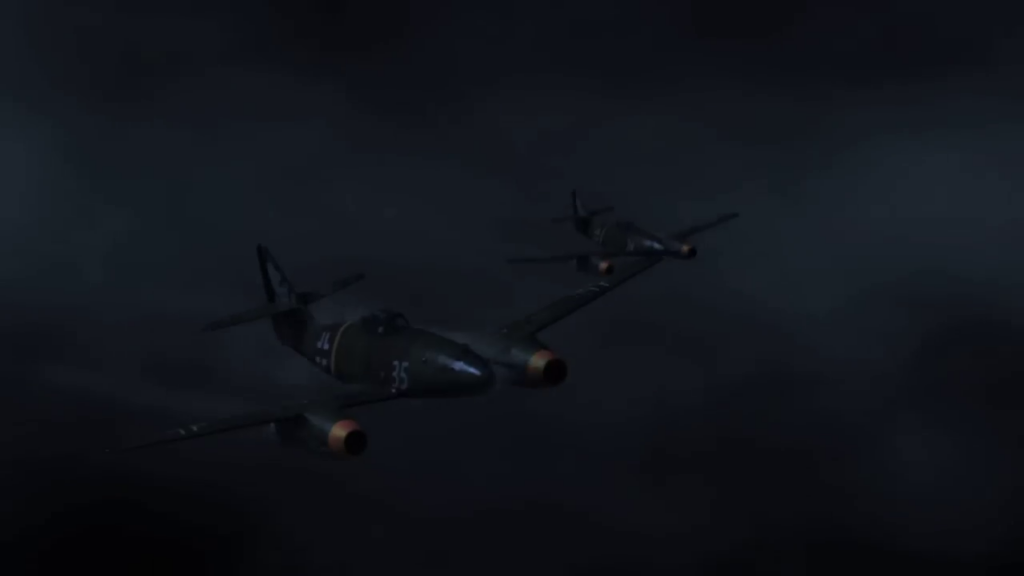
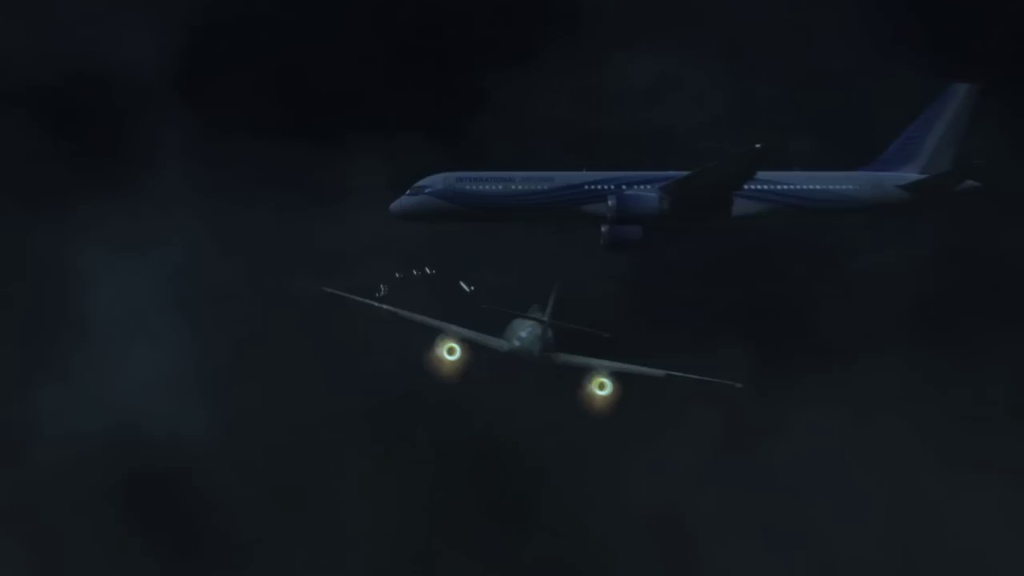
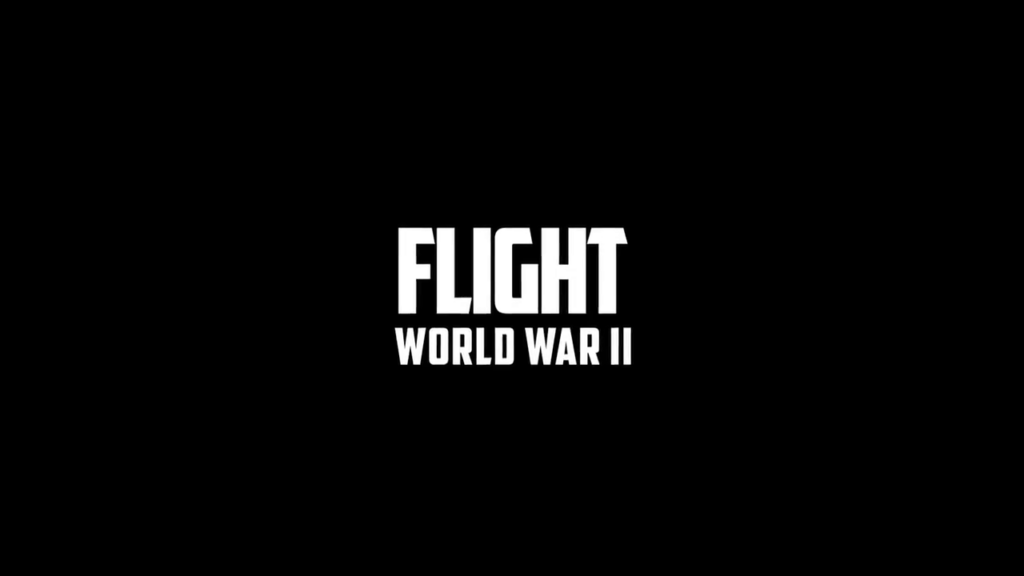
Flight World War II (2015)
Film review #629
Director: Emile Edwin Smith
SYNOPSIS: A commercial flight to London encounters a strange storm that it flies through, and ends up over the skies of France in 1940 during World War II. With their only contact with the ground being a young British officer, the crew must find a way to keep it safe from enemy fighters, and make its way home…
THOUGHTS/ANALYSIS: Flight World War II is a 2015 sci-fi disaster film. A routine commercial flight to London travels through a strange storm in the air, and emerges on the other side over the skies of France in 1940 during the second world war. The crew and passengers have to deal with the situation, aided only by a young British soldier on the ground named Nigel. The concept I suppose is interesting, but it is extremely similar at its core to The Philadelphia Experiment from 1984, but in reverse, as two aircraft personnel were sent forward in time from the second world war to 1984. First thing to notice is that this film is produced by The Asylum; notorious makers of low budget, often derivative films that cash in on recently released films with barely disguised rip-offs that are just distinct enough to avoid legal action. So if you know The Asylum’s work, you’ll know to expect very little. The film explores some of the implications of time travel, but it creates way too much of a mess with the concept, and raises far too many plot holes that are ignored.
With nearly all of the film set in the plane, there’s no need to splurge on fancy sets, which is ideal for The Asylum. You could certainly make a film like this feel tense and claustrophobic, and get into the different perspectives of the passengers, but that doesn’t really happen. Everyone is a flat, cut-out character with no real personality or uniqueness. We are not given a background on anyone, so there’s nothing to really to develop. The fact that there just so happens to be two academic experts on world war two on a plane that just so happens to travel back to world war two is somehow even less believable than the whole time travel thing.
Probably the most annoying thing about this film is it’s complete lack of relation to reality: there’s things like the German planes you see not being invented until after the film that you can overlook, because that’s very specific knowledge you won’t pick up unless you’re super into world war two history. The main problem is with when the fighters shoot the passenger plane and is riddled with bullet holes: a passenger plane would go down pretty quickly after even a few hits. There’s also points where the windows are blown open and the cabin is de-pressurised, but in the next scene everyone is sitting in their seats fine: there would be no plane left if there was a massive hole in it. The fact that someone is blown out of a door would probably have altered time in some way if someone found their body with their mobile phone or whatever they had on them? There’s just so many things that are just distracting. The “twist” at the end is fairly predictable, and is infuriating, because they just faintly acknowledge it. It’s one of those instances where you want to see more from the twist, rather than just leaving it open for interpretation.
Overall, Flight World War II offers very little in every way: the concept is underdeveloped, the characters are one-dimensional, and the logic of what happens with the pane are at complete odds with reality. It’s not really a “so bad it’s good” film either, as there’s nothing humourous either; just a drab wander through the motions.
